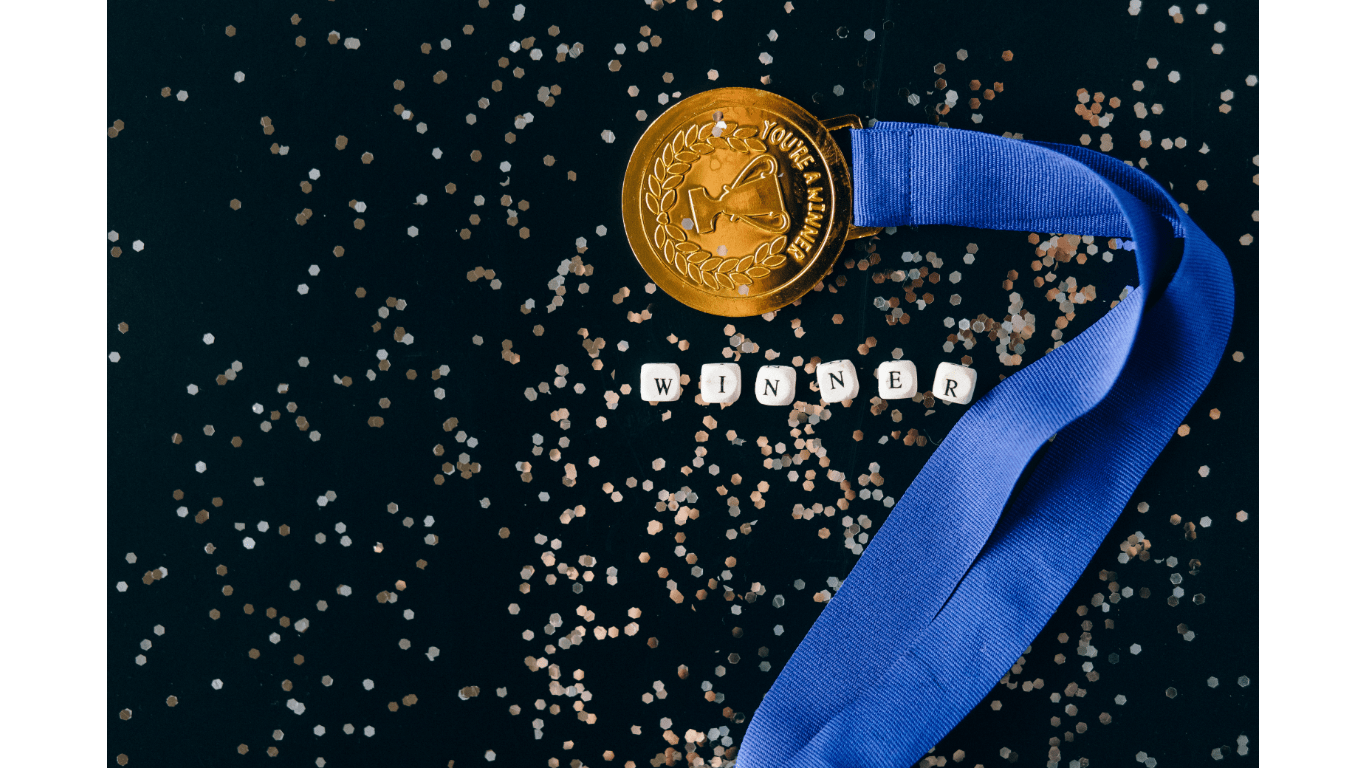Understanding Career Development Roadmap
The Concept of Career Development
In outlining my understanding of the career development roadmap, it’s essential to grasp the concept of career development as the foundation for a successful professional journey. Career development refers to the ongoing process of managing one’s learning, work, and leisure to progress toward career goals and aspirations. It involves self-awareness, continuous learning, skill enhancement, and adapting to changes in the workplace environment. Understanding this concept is crucial for individuals aiming to achieve personal fulfillment and career success.
Key Phases of Professional Growth
Discussing the key phases of professional growth, I emphasize the significance of various stages in career advancement. The process typically includes exploration, establishment, mid-career, and late-career phases. During the exploration phase, individuals identify their interests, strengths, and potential career paths. The establishment phase involves establishing oneself in a chosen field, gaining experience, and building a professional network. The mid-career phase focuses on advancing in one’s career, taking on leadership roles, and pursuing further specialization. Finally, the late-career phase involves preparing for retirement, mentoring others, and leaving a legacy in the chosen profession. Understanding and navigating through these key phases are vital for achieving long-term career development goals.
Self-Assessment: Starting Your Journey
Identifying My Skills and Interests
When embarking on a career development journey, it’s crucial to begin with a thorough self-assessment to identify my unique set of skills and interests. By understanding what I excel at and what genuinely captivates my attention, I can align my career path with activities that not only bring me fulfillment but also leverage my strengths. Assessing my skills allows me to pinpoint areas where I excel, such as problem-solving, leadership, or creativity, which can guide me towards suitable career options that play to these strengths.
Recognizing My Values and Goals
Recognizing my values and goals is a fundamental step in shaping my career development roadmap. By identifying what truly matters to me in terms of work ethics, company culture, and personal aspirations, I can ensure that my career aligns with my core values. Setting clear, achievable goals based on these values provides me with a sense of purpose and direction as I navigate through various career opportunities. Whether my goal is to make a positive impact on society, achieve financial stability, or attain a leadership position, clarifying these objectives helps me stay focused and motivated on my journey to success.
Exploring Career Opportunities

- As I delve into exploring career opportunities, I’m aware of the importance of thorough market research, networking, mentorship, and continuous learning to pave the way for my professional success.
Conducting Market Research
Starting with market research, I understand that it’s crucial to analyze current trends, industry demands, and the job market landscape. By researching various sectors and identifying growth areas, I can align my skills and interests with the right opportunities. Market research helps me make informed decisions, target relevant industries, and gain a competitive edge in pursuing my career goals.
Networking and Mentorship
Networking and mentorship play key roles in expanding my professional circle and gaining valuable insights from experienced individuals. Actively engaging in networking events, connecting with industry professionals, and seeking mentorship opportunities allows me to build relationships, receive guidance, and access potential career prospects that may not be visible through conventional job searches. Networking and mentorship open doors to new possibilities and help me navigate the complexities of the job market with confidence.
Continuous Learning and Skill Enhancement
Recognizing the significance of continuous learning and skill enhancement, I prioritize staying updated with industry developments and acquiring new competencies. By attending workshops, taking courses, pursuing certifications, and embracing new challenges, I can adapt to evolving job requirements and enhance my professional capabilities. Continuous learning not only boosts my expertise but also demonstrates my commitment to personal growth and career advancement, positioning me as a valuable asset in the competitive job market.
In my journey to explore career opportunities, conducting market research, leveraging networking and mentorship, and committing to continuous learning are integral components that shape my roadmap to success.
Setting Career Objectives
- As I delve into setting career objectives, I focus on crafting SMART goals for effective career planning. SMART stands for Specific, Measurable, Achievable, Relevant, and Time-bound. It’s essential to ensure that my career objectives meet these criteria to drive progress and success.
1. SMART Goals for Career Planning
In outlining my career goals, I make sure they are Specific, leaving no room for ambiguity. For instance, instead of setting a vague goal like “improve skills,” I aim for a specific target like “gain proficiency in data analysis within six months.”
Each goal must also be Measurable, allowing me to track progress and assess achievements. By defining specific metrics or milestones, I can evaluate my advancements objectively and adjust strategies accordingly.
Additionally, my goals should be Achievable. While it’s crucial to aim high, setting unattainable goals can lead to frustration and demotivation. I strive for realistic objectives that challenge me without overwhelming my capabilities.
Moreover, I ensure that my career goals are Relevant to my professional aspirations. They should align with my long-term vision and contribute meaningfully to my overall career development. By focusing on relevant objectives, I stay on course towards my desired outcomes.
Lastly, I set Time-bound goals to establish clear deadlines and create a sense of urgency. This time constraint motivates me to take consistent action towards achieving my career milestones within the specified timeframe.
2. Short-Term Versus Long-Term Planning
In strategizing my career roadmap, I distinguish between short-term and long-term planning. Short-term goals typically span weeks to a few years and focus on immediate actions and achievements. These goals help me make tangible progress in the near future and build momentum towards more significant objectives.
On the other hand, long-term planning encompasses goals set for several years ahead, guiding my overall career trajectory. These goals shape my aspirations, career transitions, and ultimate professional aspirations. By balancing short-term wins with long-term visions, I maintain a holistic approach to my career development journey.
Creating Your Personal Career Development Plan
When creating a personal career development plan, it’s crucial to map out milestones and strategies to overcome potential obstacles. Here’s how you can effectively plan your path to success:
Mapping Out Milestones
To begin, I lay out specific milestones that will guide me towards my career goals. These milestones act as checkpoints, helping me track my progress and stay motivated. By breaking down my long-term objectives into smaller, achievable steps, I ensure a clear and structured path to success. Each milestone celebrates my accomplishments and keeps me focused on the bigger picture.
Strategies for Overcoming Obstacles
Along my career development journey, I anticipate facing challenges that might hinder my progress. To overcome these obstacles, I proactively strategize by identifying potential roadblocks and devising solutions in advance. I leverage resources such as mentorship, training programs, and networking opportunities to navigate hurdles effectively. By staying adaptable and resilient, I can tackle unforeseen challenges and stay on course towards achieving my career aspirations.
Implementing Your Career Roadmap
Taking Actionable Steps
- To bring my career development roadmap to life, I focus on taking actionable steps that propel me towards my professional goals. I begin by outlining specific tasks and milestones that align with my long-term objectives. Breaking down big goals into smaller, manageable actions keeps me on track and motivated. By targeting measurable outcomes and setting achievable deadlines, I ensure steady progress in my career journey.
Tracking Your Progress
- In implementing my career roadmap, keeping track of my progress is vital. Regularly monitoring my achievements against set milestones allows me to stay accountable and make informed decisions. I utilize tools like progress charts, task lists, or digital planners to monitor my advancements. By measuring my success objectively, I can identify areas of improvement and celebrate milestones along the way.
Adjusting Your Plan as Necessary
- Flexibility is key in executing my career roadmap effectively. I understand that circumstances and priorities may change, requiring me to adapt my plan accordingly. I remain open to feedback, evaluate my strategies, and pivot when needed. By staying agile and making necessary adjustments, I ensure that my career development plan remains relevant and aligned with my aspirations.

 Amber Derbyshire is a seasoned article writer known for her in-depth tech insights and analysis. As a prominent contributor to Byte Buzz Baze, Amber delves into the latest trends, breakthroughs, and developments in the technology sector, providing readers with comprehensive and engaging content. Her articles are renowned for their clarity, thorough research, and ability to distill complex information into accessible narratives.
With a background in both journalism and technology, Amber combines her passion for storytelling with her expertise in the tech industry to create pieces that are both informative and captivating. Her work not only keeps readers up-to-date with the fast-paced world of technology but also helps them understand the implications and potential of new innovations. Amber's dedication to her craft and her ability to stay ahead of emerging trends make her a respected and influential voice in the tech writing community.
Amber Derbyshire is a seasoned article writer known for her in-depth tech insights and analysis. As a prominent contributor to Byte Buzz Baze, Amber delves into the latest trends, breakthroughs, and developments in the technology sector, providing readers with comprehensive and engaging content. Her articles are renowned for their clarity, thorough research, and ability to distill complex information into accessible narratives.
With a background in both journalism and technology, Amber combines her passion for storytelling with her expertise in the tech industry to create pieces that are both informative and captivating. Her work not only keeps readers up-to-date with the fast-paced world of technology but also helps them understand the implications and potential of new innovations. Amber's dedication to her craft and her ability to stay ahead of emerging trends make her a respected and influential voice in the tech writing community.
